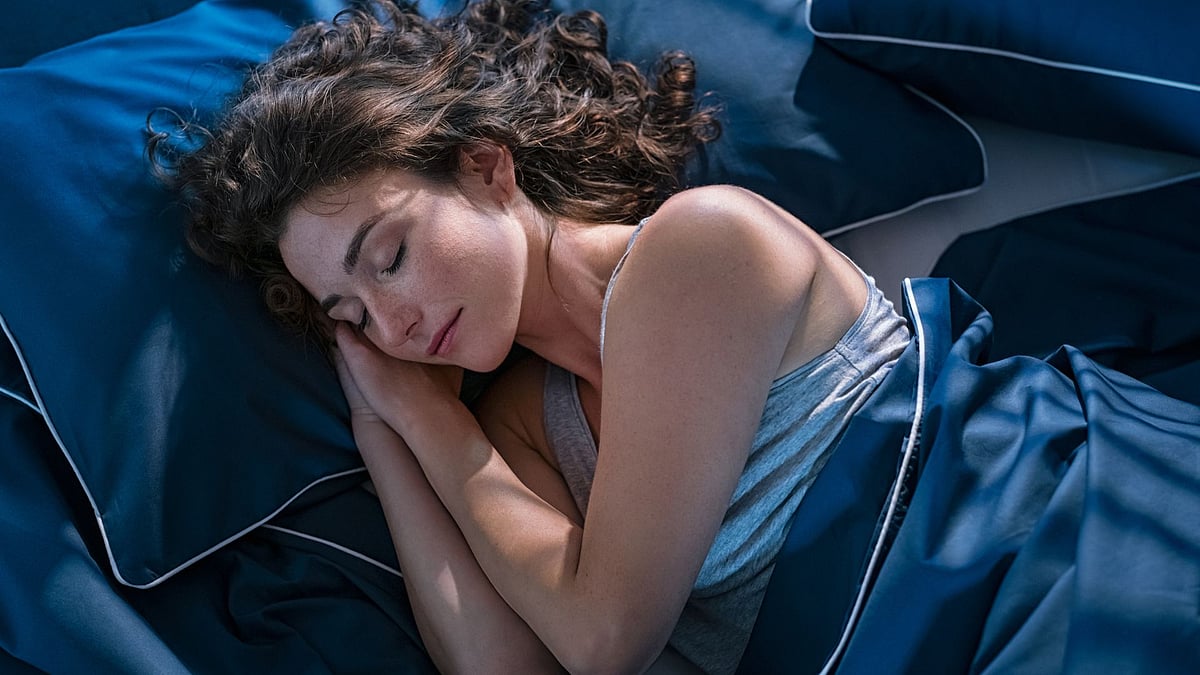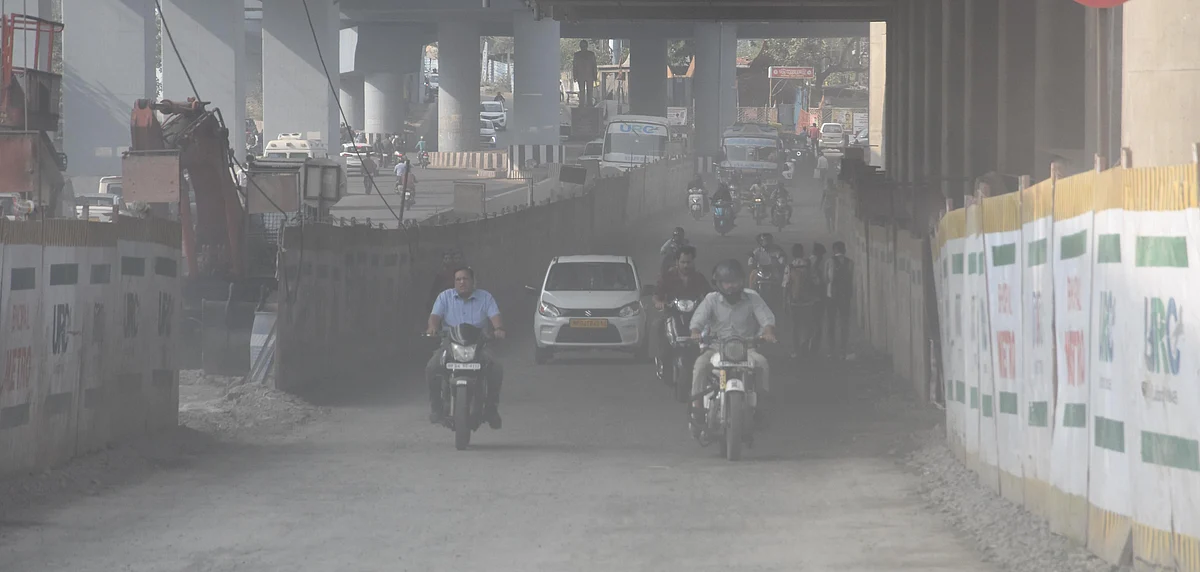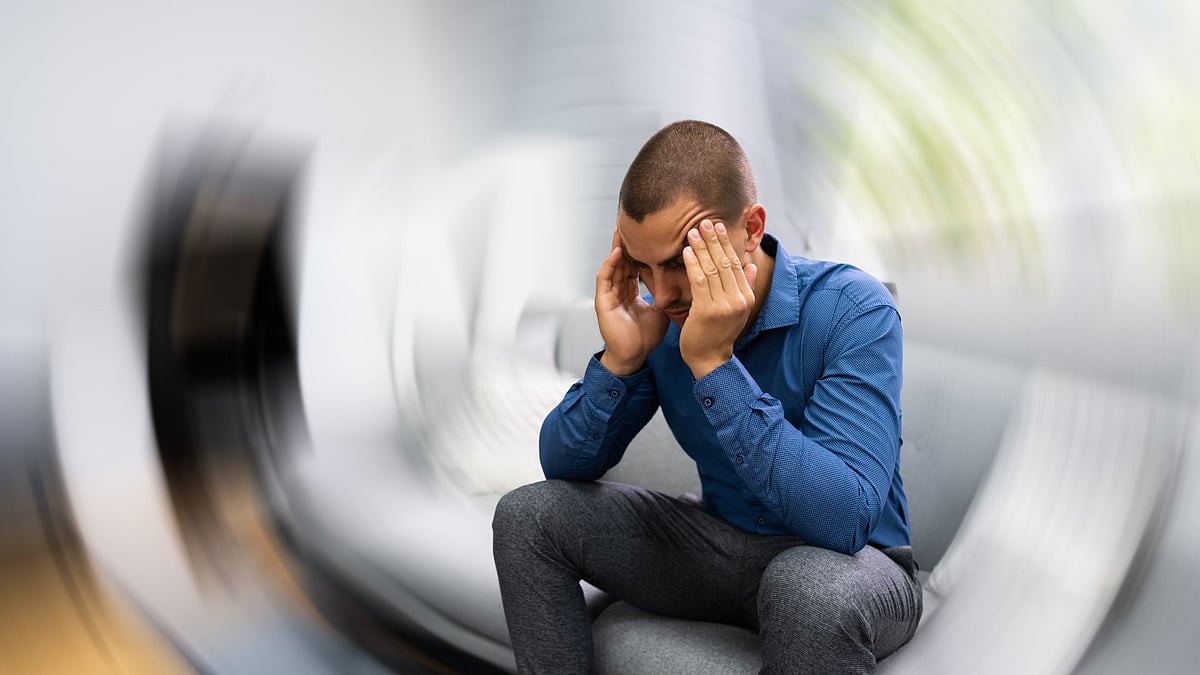Swati Mane, 35, a software professional from Goregaon, left for Panchgani today (October 30) along with her family to escape Diwali pollution, particularly bad air. Mane, whose two children suffer from respiratory illness, said their paediatrician advised keeping them away from the festive pollution as they have experienced repeated attacks in recent months. According to doctors, they are already seeing an increase in the cases of respiratory illness.
“Since the onset of Covid, we've been spending Diwali outside the city after learning that festive pollution triggers respiratory illness in my kids. They have been using an inhaler for the last two months. I don't want to take any chances,” she said. Many families like Mane's, with members prone to asthma, allergic bronchitis and other respiratory illnesses, are leaving the city to avoid Diwali pollution, fearing it may aggravate their conditions.

Dr Indu Khosla, a paediatric pulmonologist, noted that while respiratory illnesses in children had become negligible during the pandemic, the caseload grew significantly after the lockdown was lifted. “We had stopped seeing respiratory infections and allergies in children during the lockdown when road traffic was less and everything was shut. Even kids with asthma and recurrent wheezing were doing well. Things are now back to square one as we are seeing a multi-fold increase in cases,” said Dr Khosla. She added that many of her patients, who struggled after the lockdown, are choosing to leave the city for a smoke-free Diwali.
The cases of asthma and bronchitis rise during Diwali as the Air Quality Index (AQI) deteriorates due to increased smoke, dust and pollution, pointed out doctors. The poor AQI in Mumbai combined with fluctuating temperatures has already triggered breathing ailments like allergic rhinitis, allergic bronchitis and chronic obstructive pulmonary disease.

Dr Sonam Solanki from INICIO Chest Clinic in Lalbaug said, “Patients with chronic lung issues or those who have previously experienced breathing problems are now choosing pollution-free destinations during Diwali. Persistent coughs, owing to the poor AQI, often take seven-10 days to resolve.” Dr Rajesh Sharma, a respiratory expert in south Mumbai, noted that 25-30% of his patients, especially seniors, are leaving the city for a “smoke-free, illness-free Diwali.” He added, “Many are heading to their hometowns where traffic and pollution levels are lower than in Mumbai’s congested streets.”
Apart from pollution, revellery leads to sleep disruption, heavy eating and crowding, which also contribute to respiratory issues, according to pulmonologist Dr Lancelot Pinto from PD Hinduja Hospital. “These additional factors create an environment that worsens respiratory illnesses,” he said. For those remaining in the city, Dr. Pinto suggests wearing masks, avoiding crowds and maintaining hand hygiene to minimise exposure to harmful air. Asthma patients are advised to keep both regular and rescue inhalers handy.










